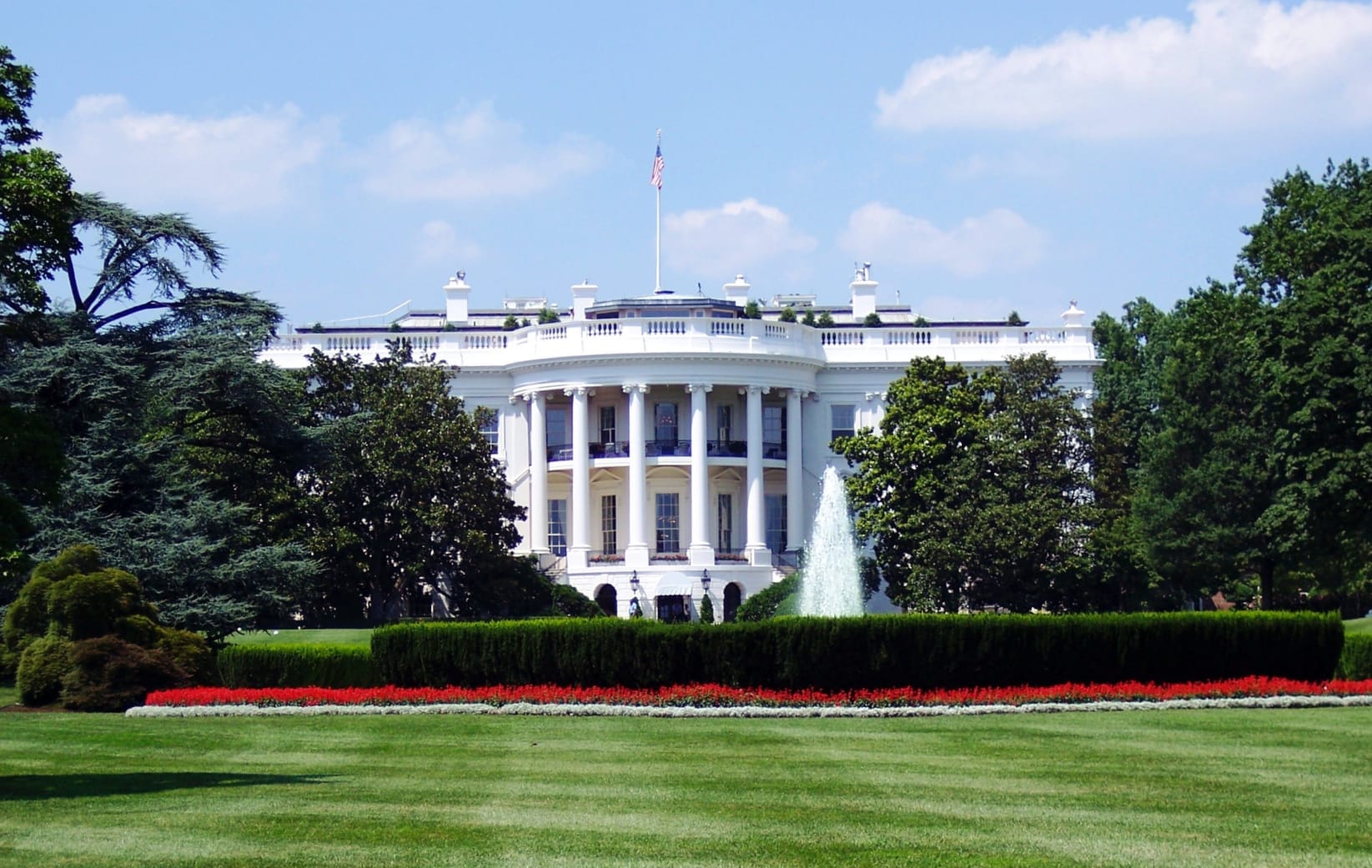Author: Camellia Moors ‘22
Hello, and welcome to another edition of Good News Friday! This week’s post is a little longer than usual to cover some of the environmental headlines coming out of the Biden administration that you might not have heard about yet.

- President Biden’s Approach to Climate Change:
- Increasing Fuel Efficiency Standards: One of President Biden’s first executive orders last week includes a clause directing U.S. agencies to review Trump-era fuel efficiency standards. The order comes as Mr. Biden has also pledged to replace the federal government’s entire fleet of vehicles (some 650,000 machines) with fully electric models. This pledge also supports the President’s proposal to add 500,000 electric vehicle charging stations around the nation.
- Changing Regulatory Review: The Office of Information and Regulatory Affairs (OIRA), a relatively unknown agency under the Office of Management and Budget (OMB), has a reputation for being a last resort for conservatives to shoot down progressive bills. This is because it is charged with reviewing draft regulations and has historically nixed or weakened any that do not pass its cost-benefit analysis—usually bills more related to social benefit than economic growth. This frequently includes environmental proposals. However, a memo from President Biden on January 20 could change this pattern by directing the OMB Director to modernize regulatory review. The goal is to provide suggestions on how “the regulatory review process can promote public health and safety, economic growth, social welfare, racial justice, environmental stewardship, human dignity, equity, and the interests of future generations.” This could change the bills the OIRA approves for years to come.
- Connecting Climate Change and National Security: Mr. Biden is widely expected to bring back and strengthen former President Obama’s 2016 memorandum on climate change and national security. The directive makes climate change a matter of national security and instructs “Federal departments and agencies to perform certain functions to ensure that climate change-related impacts are fully considered in the development of national security doctrine, policies, and plans.”

2. Investors Acknowledge Climate Change: Laurence Fink, the CEO of BlackRock, Inc.—the largest asset manager in the world—is calling on companies and business leaders around the world to disclose their plans for a net-zero carbon economy. As a figurehead in an industry known for supporting fossil fuels, Mr. Fink’s message breaks from investment precedent. However, his status also gives him enormous power to block investment in companies that contradict his priorities. Only BlackRock’s investment decisions going forward will tell how deep Mr. Fink’s commitment to carbon neutrality goes.

3. Advances in Battery Storage: Australian energy company Lavo recently announced its Green Energy Storage System, the world’s first residential hydrogen battery backup system intended to store excess energy generated from residential solar panels. With nearly three times the capacity of Tesla’s Powerwall 2—but admittedly a much larger price tag—Lavo’s product represents a breakthrough in battery storage, which some see as a key technology in climate change mitigation.
That’s everything for this week! Come back next time for more good news. Until then, look at our previous Good News Friday editions and contact us if you have any good news you would like to share!

